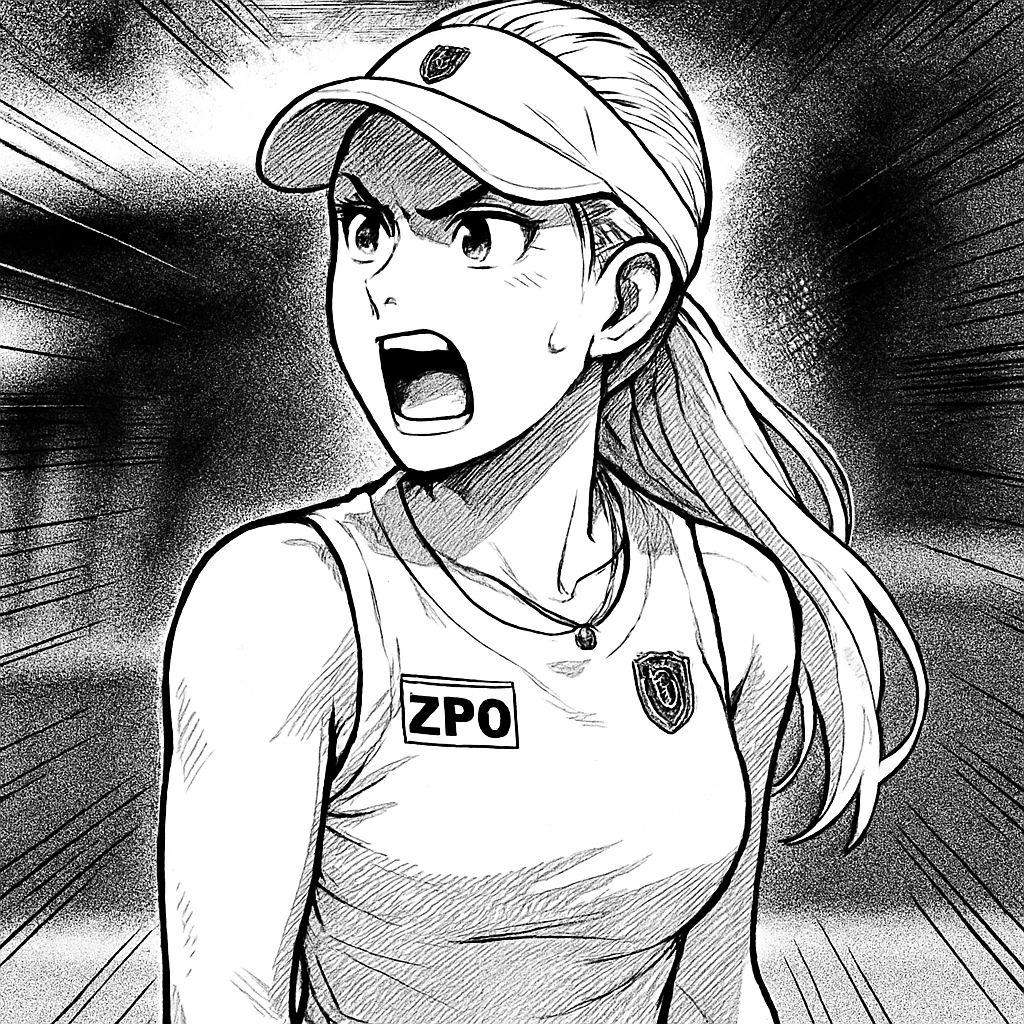LONDON — Kazakhstan's Yulia Putintseva, ranked 33rd in the world, made headlines during her first-round match at Wimbledon when she raised safety concerns about a spectator, leading to an unusual mid-match intervention. The incident occurred on Court 12 during her clash with Germany's Jule Niemeier, with Putintseva requesting the umpire to eject a disruptive fan.
The 29-year-old, known for her fiery on-court demeanor, approached chair umpire Marijana Veljovic during a changeover, visibly agitated. According to witnesses, Putintseva expressed discomfort over a spectator's behavior, stating she felt unsafe. Veljovic then summoned tournament security, leading to a brief delay as officials assessed the situation.
The Incident Unfolds
Eyewitness accounts describe the spectator as being overly vocal, with Putintseva later telling reporters, "This person was shouting things that made me feel uncomfortable. I didn't know if they might try to come onto the court or what they might do. In that moment, I just wanted to feel safe to play my match." The spectator was eventually removed without further incident.
This isn't the first time Putintseva has been involved in on-court controversies. Known for her emotional reactions, she's previously clashed with umpires and opponents. However, this marks one of the rare instances where a player has cited safety concerns as justification for spectator removal at Wimbledon, where crowd behavior is typically exemplary.
Wimbledon's Security Protocols
The All England Club maintains strict security measures, including:
- Steward presence on every court
- Bag checks and metal detectors at all entrances
- Dedicated security teams monitoring crowd behavior
A Wimbledon spokesperson later stated, "We take player safety extremely seriously. While we cannot comment on specific incidents, our security team is trained to assess situations quickly and act appropriately to ensure all players and spectators can enjoy the Championships safely." The tournament declined to specify what exact behavior prompted the ejection.
Player Reactions and Precedents
Historical Context
Player-initiated spectator removals remain rare in tennis, though not unprecedented. In 2019, Nick Kyrgios had a fan ejected during his US Open match against Steve Johnson for allegedly making inappropriate comments. More recently, at the 2023 French Open, Daniil Medvedev complained about a spectator mimicking his service motion.
Current WTA player council member Donna Vekic commented, "We always want fans to be passionate, but there's a line. When a player feels threatened, even if it's just perception, tournaments need to take it seriously. The mental aspect of our sport is challenging enough without worrying about safety."
The Match Outcome
Despite the disruption, Putintseva regrouped to defeat Niemeier 6-3, 6-3 in straight sets. In her post-match press conference, she elaborated on the incident: "It wasn't about gamesmanship. I've played in loud stadiums before, but this felt different. The tournament handled it well, and I could focus on my tennis after that."
The incident raises questions about evolving security protocols in tennis. With increasing player concerns about mental health and safety, tournaments may need to reassess how they balance fan engagement with player comfort. As social media amplifies fan interactions, the line between passionate support and unacceptable behavior becomes increasingly blurred.
Looking Ahead
Putintseva's next match will be closely watched for any lingering effects from the incident. Meanwhile, Wimbledon officials confirmed they would review security footage and procedures. As one veteran coach noted anonymously, "Players shouldn't have to compete while looking over their shoulders. If even one player feels unsafe, that's one too many. The sport needs to keep evolving its approach to crowd management."
The incident serves as a reminder of the delicate balance tournaments must strike between maintaining tennis's traditionally genteel atmosphere and addressing modern security concerns. With Wimbledon's reputation for decorum, this episode will likely prompt discussions about whether current protocols need updating to address players' psychological safety as well as physical security.

